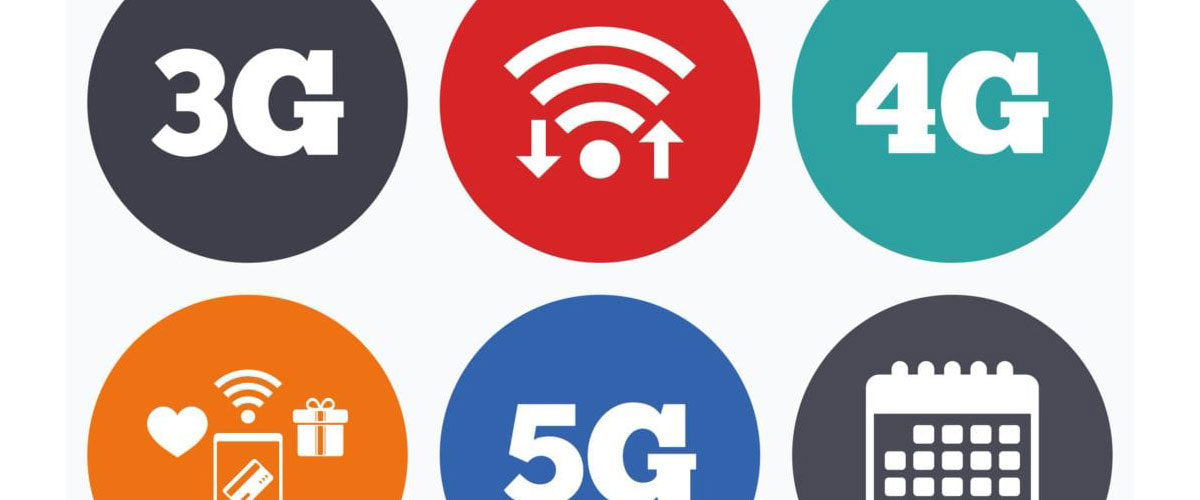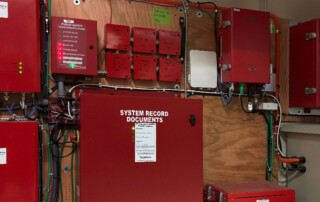As that 5G standards are close, people must be careful about defining terms when we make an argument about 5G. When talking about the actual radio standard, it seems pretty certain 5G will be a continuation of 4G, i.e. technology purely from the cellular community.
Despite some recent overtures, Wi-Fi seems to have lost its chance to contribute to fundamental standards and the two technologies will continue on their separate tracks at least for another generation. Eventually we could assume there will be convergence of the fundamental standards as there eventually was between 802.16 and 4G, but that will be with “5.5G” or “6G.”
In the current generation, there will be plenty of organizations that will find Wi-Fi more available or more useful to them than cellular.
The big difference from 4G will be the availability of cellular 5G in unlicensed and shared spectrum, not just in licensed, which will make it available to far more stakeholders and make it a more realistic alternative to Wi-Fi for non-mobile network operators.
KEY TAKEAWAYS:
- Wi-Fi extensions like 802.11ax will have some of the characteristics of a 5G network, but will not be part of the main standards.
- It will depend on use cases, but cellular will address more use cases, especially at the high value end (high availability, etc.).
- A virtualized, multitechnology, dynamically reconfigurable network will have a far more transformative effect on wireless business cases and applications than a new radio, whether that comes from the IEEE or 3GPP – and in that flexible network the barriers between Wi-Fi and 4G/5G, and between unlicensed and licensed spectrum breaks down anyway.
“There is a growing number of “5G” skeptics engaging in a 5G vs Wi-Fi false debate concluding that 5G is not needed as Wi-Fi is available now and provides all that is needed.”
Original source: https://www.rcrwireless.com/20170116/5g/5g-versus-wi-fi























Leave A Comment